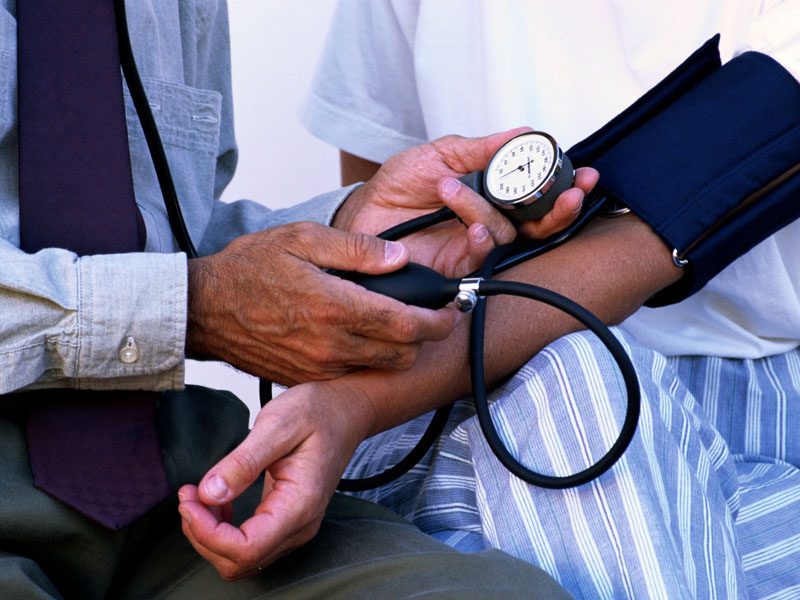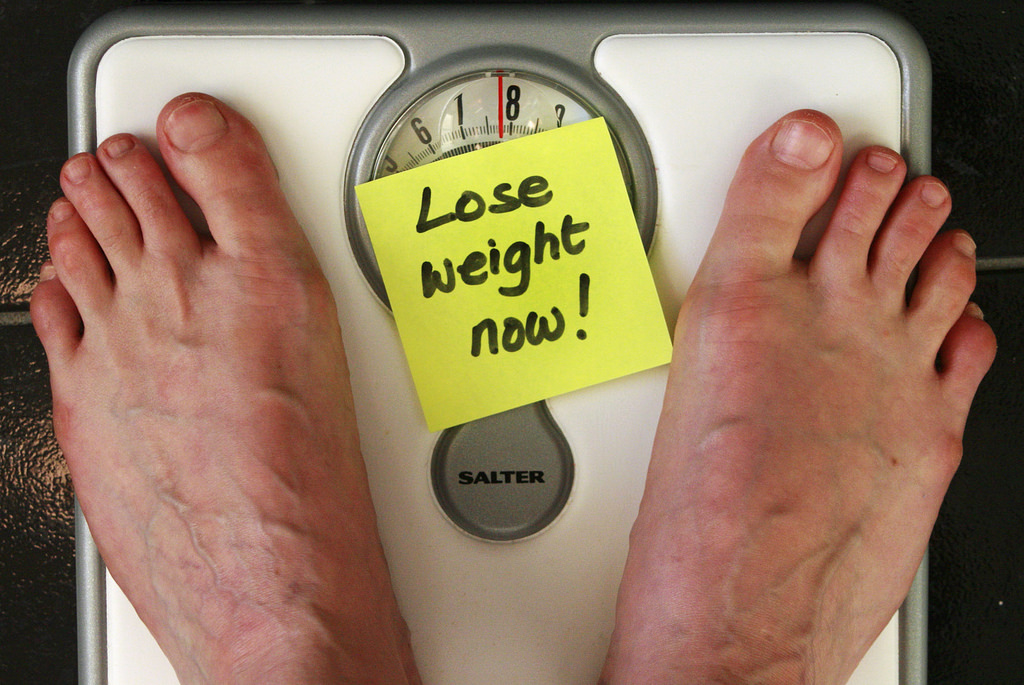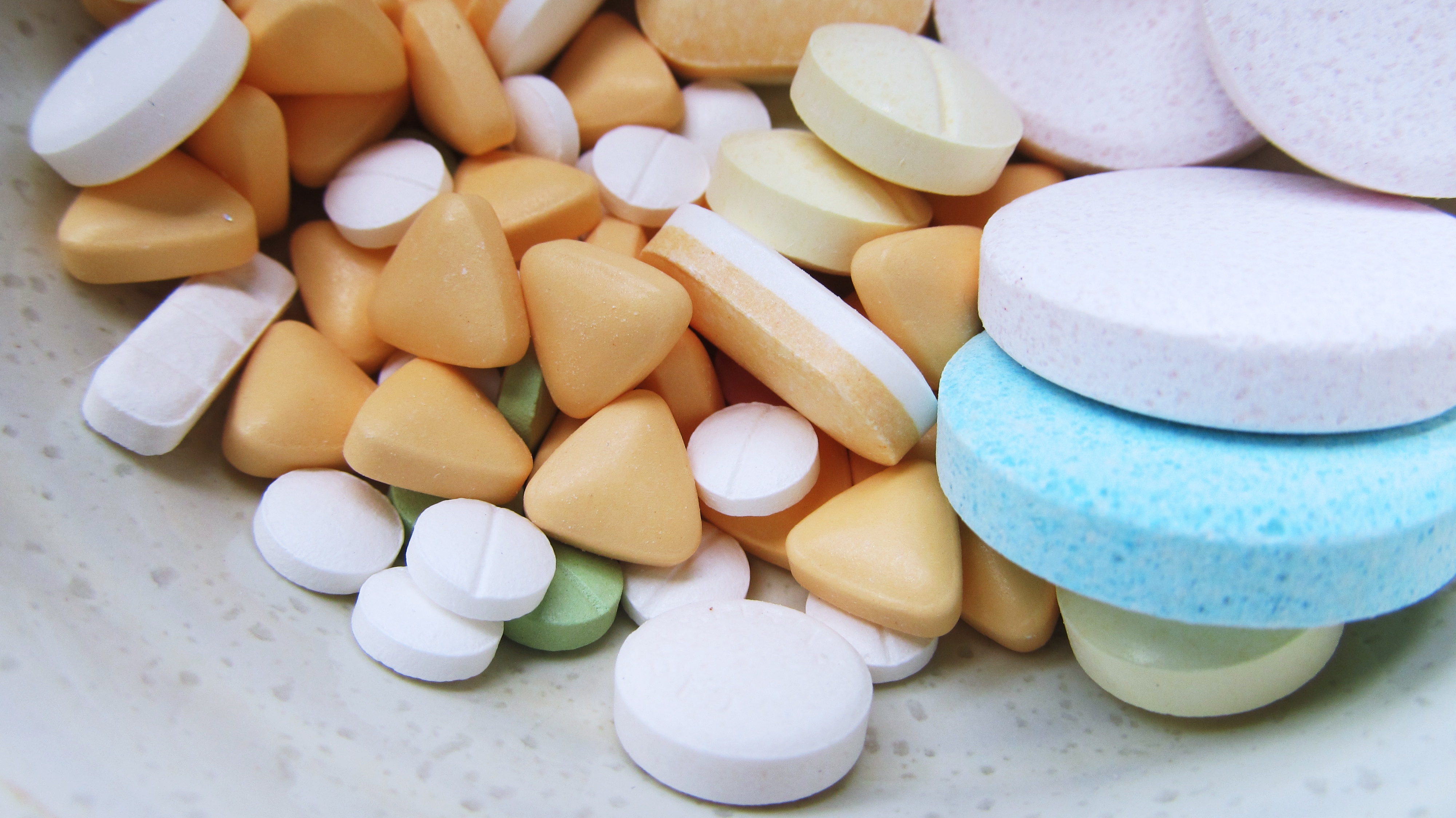#10. Stop Smoking

Sponsored Links
We are all aware of the fact that smoking cigarettes can lead to lung cancer, but how many know that cigarette smokers have three times more the chances of having a heart attack (medically termed as MI or Myocardial Infarction) instead of developing lung cancer?
Nicotine that is inhaled results in clamping down of the blood vessels in your body, compelling your heart to pump faster and harder in order to make sure that the blood passes through the smaller blood vessels. As a result, calcium and fat get easily accumulated in the lining of your blood vessels and narrow down the arteries even further.
Also, cigarette smoking releases carbon monoxide that lowers the supply of oxygen to your tissues. Breathing problems and lung irritation lead further straining of the heart. So, the best way to avoid your heart from overworking is by giving up on smoking completely. Even studies reveal that quitting smoking reduces the risk of an MI by a total of 50%, irrespective of the time period for which you have been smoking.
#9. Monitor Blood Pressure

Hypertension or high blood pressure, is generally referred to as a “silent killer” since it hardly shows any symptoms in majority of the cases. Your blood vessels’ inner lining gets completely destroyed due to high blood pressure. Higher blood pressure leads to greater risk of you having an MI.
This risk starts increasing when you have a 115/70 mmHg pressure, and for an increase of every 5 mmHg in the diastole and 10 mmHg in the systole, the risk becomes two times more.
Aging and hereditary problems can increase this risk further. Therefore, it would be wise of you to keep monitoring your blood pressure regularly at home instead of the physician’s office. It helps you accurately evaluate your risk, which is why investing in a cuff meter is worth every penny.
#8. Eat for the Health of Your Heart

Another crucial way to make sure that you don’t run the risk of a heart attack is by eating foods that are healthy for your heart. Foods containing low amounts of cholesterol and fat should be included in your daily diet. Vegetables, beans, fruits, whole grains, legumes and nuts are among the various plant-based food items that you should consider eating every day. This is because these foods contain fiber that helps in improving the cholesterol levels, and also provide for the vitamins and other nutrient requirement in your body.
That does not mean that you cannot consume meat, poultry or fish (tuna or salmon are great for your heart as their contain omega 3 fatty acids), but you need to consume them in lean form while keeping their portions as modest as possible. Sugar and salt intake should also be limited.
(Learn more about 18 Must-Eat Foods for a Healthy Heart)
#7. Tame Your Anger

Did you know that getting angry can trigger the risk of MI? Controlling your anger will help you stay healthy. Leading medical professionals and health institutions are of the opinion that those individuals who get angry frequently and cannot tame their anger have greater risk of developing heart problems such as myocardial infarction. Anger causes the production of catecholamines or stress hormones to increase.
These stress hormones consequently increase your blood pressure, while contributing to the artery-clogging plaque development. Over the years, this clogging can result in coronary artery health issue. Being able to manage your anger at the right time in a healthy way prevents the development of such heart related medical conditions.
#6. Stay Active

There is no age limit for getting started on an exercise regimen. According to a study, middle-age women and men who were physically unfit opted for improving their fitness levels and were able to lower their chances of congestive heart failure.
Consult your doctor prior to starting off with your exercise regimen. You can consider trying out moderate-intensity aerobic workouts for 2-3 hours every week as it will help improve your heart’s functioning and health. In case you are able to take in more, try adding high intensity workouts of additional 1 hours to your exercise regimen.
Advertisements
#5. Aim for a Healthy Weight

Excessive body weight is generally associated with hypertension or high blood pressure, higher levels of blood cholesterol, along with diabetes mellitus or Type 2 diabetes –each of which can trigger heart disease. You can lower 20 mmHg of your blood pressure (systolic) every time you lose 22 pounds of body weight. Also, a good way to maintain proper body weight is by making sure that your BMI or Body Mass Index remains within the ideal range (18-22.9).
Various studies show that those individuals who have central obesity (fat accumulation along the abdominal region), carry the risk of developing heart disease three times more than those individuals who don’t have any central obesity. So, make sure that you lose that tire around your waist if you are not keen on suffering from any heart disease.
(You can calculate your BMI here.)
#4. Reduce Stress

Stress does not just cause insomnia, digestive problems and insomnia, it can also cause your blood cholesterol and blood pressure level to rise. It can also make you want to smoke more (if you are a smoker) and consume more food.
In order to keep your cholesterol and blood pressure levels under control, you should seriously consider reducing your stress levels by opting for meditation, yoga or counseling (if necessary).
#3. Limit Alcohol

It might be true that consuming a small amount of alcohol does some good to your heart, but try to stay within limits. For men, it is recommended that they drink only up to 10 ounces of alcohol per day, while women should stick to 5 ounces of alcohol consumption in one day.
Moreover, excessive alcohol consumption adds calories to your body, which in turn, adversely affects your heart’s health. People who have suffered from congestive heart failure should completely stay away from alcohol as it can worsen your condition.
#2. Take Your Heart Medicine

Heart related problems such as myocardial infarction increases the risk of heart failure.
Therefore, you should get that high blood pressure treated and undertake required medication such as statin drugs prescribed by your doctor to bring down the cholesterol level in your body.
#1. Eat a Little Dark Chocolate

Sponsored Links
It may be hard to believe, but many studies have revealed that consuming dark chocolate can help improve the health of your heart. This is because chocolates contain chemicals known as flavonoids that help your arteries remain flexible.
Also, there are some other properties contained in chocolate that prevent your arteries from clotting as well as keep the LDL or “bad cholesterol” from oxidizing, which prevents the formation of artery-clogging plaque. Moreover, high content of fiber and magnesium in dark chocolate can prove beneficial for the heart.
However, keep away from milk chocolate as it contains high amount of butterfat that may cause your cholesterol levels to rise. So, the next time you bite into a bit of dark chocolate, instead of feeling guilty, you can commend yourself on having reduced the risk of having a heart attack.
PrevNext


Comments